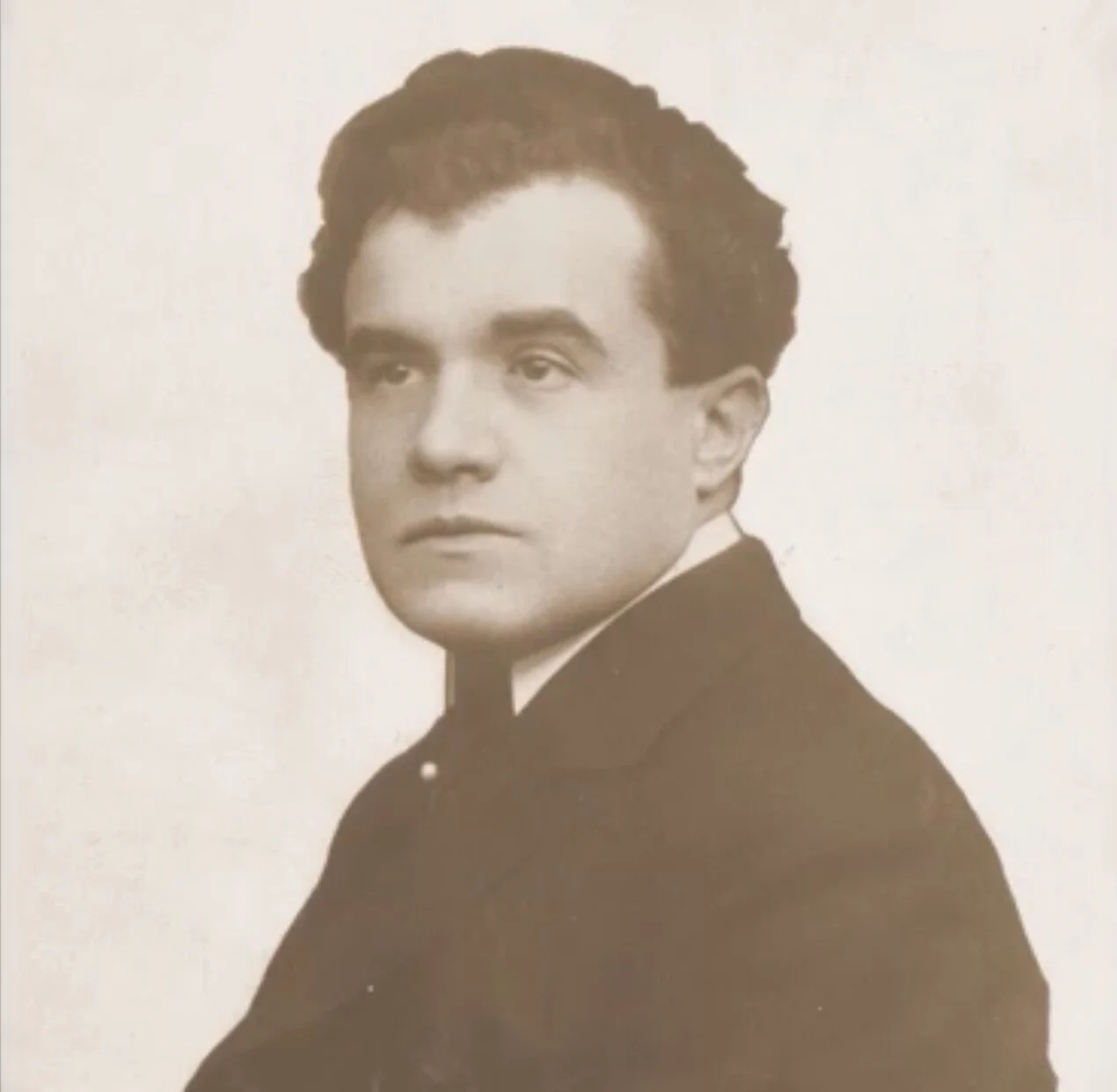Édmond Clément: Advent Calendar of Song: Day Nineteen
Dear companions.
Advent Calendar of Song; Day Nineteen
Onward! It’s time to return to male singing. Here’s a French tenor I love, Édmond Clément (1867-1928), in a French aria I love. Some of you, being dance people, know Édouard Lalo (1823-1892) as the composer of the ballet Namouna (1882 - Suite en blanc). If you’re opera people, his work Le Roi d’Ys (1888) is a rarity, but this tenor aria, “Vainement, ma bien-aimée,” comes round out of context. Le Roi d’Ys is set in Brittany. The tenor hero, the warrior Mylio, is singing to his beloved Rozenn, trying to persuade her to leave the protection of her bridesmaids. I adore the way the melodic line flows sweetly over the pizzicato accompaniment. Is there too much whoosh and scratch in this 1911 recording https://www.youtube.com/watch?v=mXUfB_RNLyA for any of you? I hope not: I love Clément’s diction, his elegance, his charm, the very affecting tenderness of his voice: his heart is shining in his face.
RECITATIVE: Puisqu’on ne peut fléchir ces jalouses gardiennes,
Ah! laissez-moi conter mes peines
et mon émoi !
Since these jealous guardians will not be moved to mercy,
ah, let me tell you of my anguish
and my torment!
ARIA: Vainement, ma bien-aimée,
on croit me désespérer :
Pres de ta porte fermée.
je veux encor demeurer !
Les soleils pourront s’éteindre,
les nuits remplacer les jours,
sans t’accuser et sans me plaindre,
là je resterai toujours !
ARIA: In vain, my beloved,
do I seem to despair:
next to your closed door
I am determined to stay!
Suns may be extinguished,
nights may replace day
but without blaming you and without complaining,
I shall stay here for ever!
Je le sais, ton ame est douce,
et l’heure bientôt viendra,
ou la main qui me repousse.
vers la mienne se tendra!
Ne sois pas trop tardive
à te laisser attendrir!
Si Rozenn bientôt n’arrive,
je vais, hélas! mourir!
I know you have a kind heart,
and the hour will soon come
when the hand that now pushes me away
will reach out towards mine!
Don't delay too long
in allowing yourself to be won over by your tender feelings.
If Rozenn does not appear soon soon,
I, alas, shall die!
Clément ends the recitative (“émoi”) with the kind of morendo (extreme diminuendo) that speaks at once of the working of the heart. Once into the aria, he plays with rubato and portamento, so that we feel the different pressures of emotion within him. There’s a French tradition of slowing the fourth line (“je veux encor demeurer”); nobody handles it better. There are some other very good recordings of this enchanting number; but Clément has a sweetness and transparency of emotion that make me melt. The last line is a special feat of his own.








